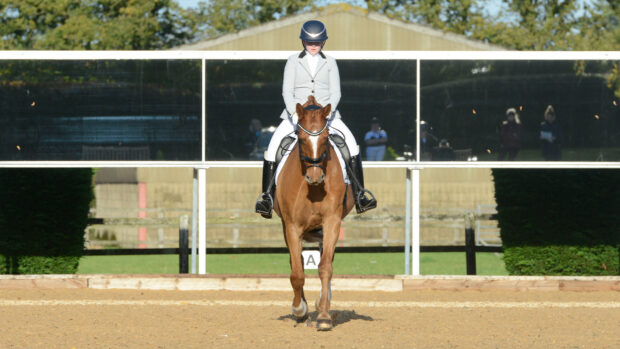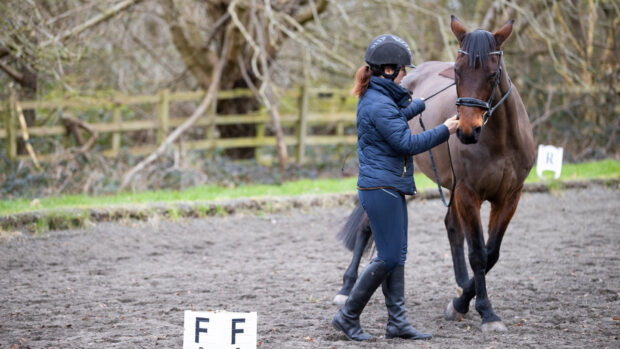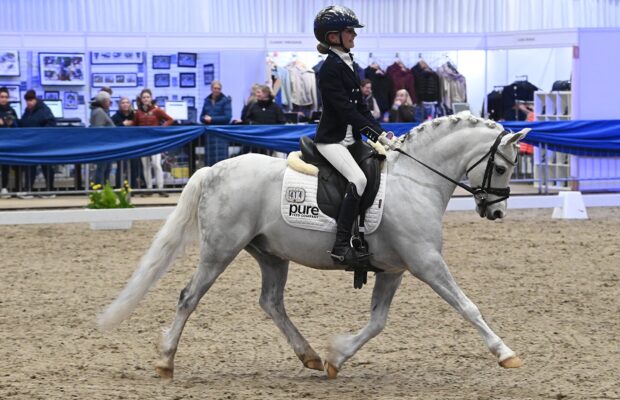“Unusual in an attractive and interesting way,” is the Cambridge Dictionary’s definition of “quirky”. So far, so good.
But anyone who has spent their time browsing horses for sale adverts, and travelling to far-flung corners of the country to try promising mounts, knows that this six-letter word can be used to gloss over some distinctly unattractive qualities.
“It doesn’t need to be a bad thing,” says dressage European team silver medallist Maria Eilberg. “If you can get quirkiness under control, it can give you an edge. If you’re looking for a competition horse, they often do need a little something about them. I would be quite intrigued if I saw a horse described as quirky in an advert — I see it as a good thing.”
However we choose to interpret this ambiguous adjective, how can you get the most out of such a horse?
How to cope with a quirky horse
1. Rule out any physical problems. Eventer Bettina Hoy advises making a list and ticking it off — “You need to go through the list and first make sure everything is physically OK with the horse.”
2. “Treat the horse as an individual,” says eventer Caroline Powell. “That’s where you either excel in working out a quirk or you fail.”
3. “Keep their minds occupied and learn to expect the quirks,” says dressage rider Maria Eilberg.
4. Showing producer Jayne Ross has proved that getting the most out of a quirky horse is about channelling the energy into something positive. “The Philanderer was bizarre both on and off the ground,” says Jayne of the 2009 Horse of the Year Show (HOYS) supreme champion (pictured above). “He would always catch you out when you least expected it, but at the same time he looked magical when he was up and going and got it right. I absolutely adored him.
“You have to learn not to react,” says Jayne. “If a horse spooks because it’s sharp, there is no point in giving it a kick and saying, ‘don’t do that’. Sometimes you have to sit and suffer.”
Continued below…
Liked this? You may also enjoy reading these articles…
If anyone knows how to be successful in
Bobsleighing, million-dollar racehorses, Siamese cats and polo fields

Sarah Emmerson: 7 tips for showing ponies successfully

14 things you (probably) didn’t know about showing star Jayne Ross
5. There is a range of professional riders out there who can help and support you. Don’t ever suffer alone and always take precautions when working with a difficult horse to make the environment as safe as possible for you and your horse.




